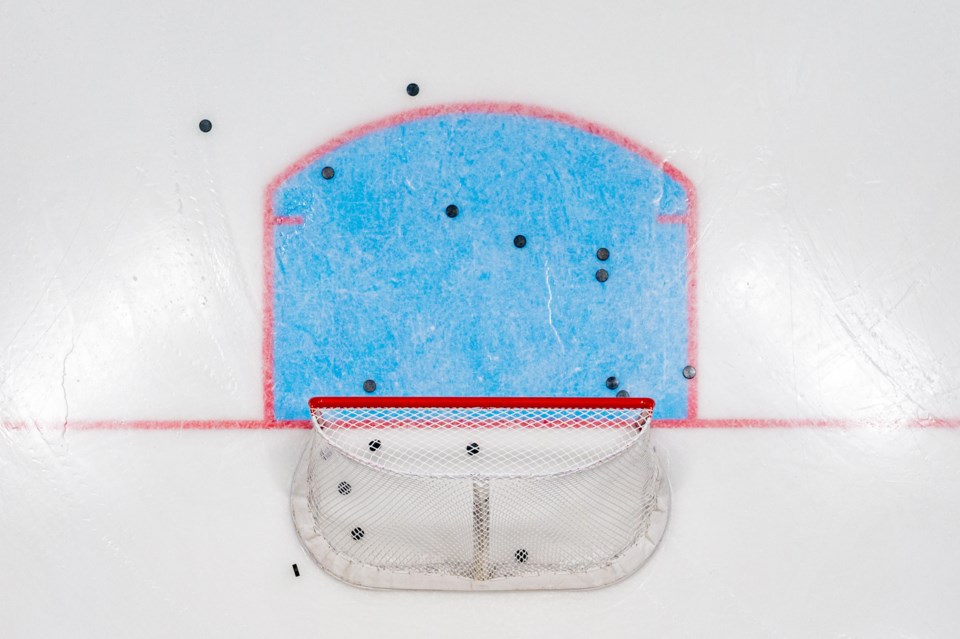B.C.’s Court of Appeal Nov. 16 overturned the conviction of a man accused of sexually assaulting a teen girl hockey player and ordered a new trial.
Glacier Media has changed all the initials in the case to avoid identifying the complainant.
A.B. was convicted of one count of sexually assaulting the girl — then 16 — in 2004. He was 36 at the time.
He was the girl’s hockey coach and the father of Z, her best friend and teammate.
It was common for the girl to sleep over with Z at A.B.’s house, Justice Lauri Ann Fenlon wrote for the unanimous three-judge panel.
The Crown alleged the sexual touching occurred during one such sleepover.
A.B. acknowledged he had engaged in acts of sexual touching with the girl, although he did not agree with her descriptions of when and how the touching occurred, and maintained all touching was consensual.
The girl had testified at trial she and the daughter had been at a party, and that the daughter dropped her off at A.B.’s home while she went to see her boyfriend.
She said she was in the kitchen getting some water when A.B. came in, pulled her towards him and began to kiss her for a few minutes.
"She recalled being in a state of disbelief," Fenlon said.
The girl then went to Z’s bedroom.
Soon, A.B. came in, sat at the edge of the bed, and started to rub and touch the girl’s back and body.
“The appellant left the room when one of his children sleeping in the room next door began to fuss,” Fenlon said
Court documents state A.B. soon returned, took off her shorts, and performed oral sex.
The next day, the team travelled to Kamloops for a playoff game. The teen said A.B. took her aside, said what had happened was not a good thing, and that she should keep it a secret.
On meeting her father outside the arena, the teen broke down sobbing but told him she was upset about losing the game.
Four years later, she disclosed the situation to her parents.
The trial judge observed that A.B.’s evidence was inconsistent at times, with “numerous examples of the details of his version of the events changing between his direct evidence and when pressed on cross-examination.”
Fenlon said the judge described A.B. as “not a careful witness,” finding that he attempted to minimize his role in the sexual encounters by suggesting that the teen was the instigator and a willing participant.
Conversely, the trial judge said the teen “gave a cogent and straightforward story.”
On appeal, the central question was whether the judge impermissibly relied on the the teen's prior consistent statements to her parents when she disclosed the events to them in 2008, and if that can be used to uphold the conviction.
Fenlon ruled the trial judge relied on what the teen said to her parents in 2008 to corroborate her evidence of whether or not the encounter happened as she described it.
Fenlon said it was there that the judge “made a clear error of law.”
As such, she ordered a new trial.



